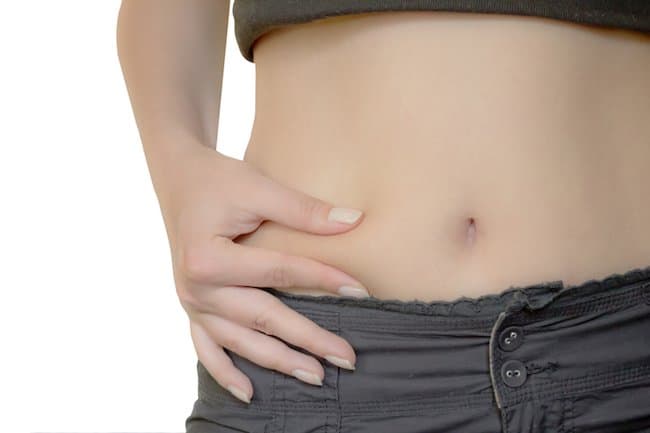
Losing weight is usually synonymous to losing fat, but in reality this is far from what is happening. So when people say they are going on a ‘diet’ to lose weight they don’t necessarily lose fat at the end of it. Any weight lost could be in the form of water, glycogen, muscle and fat as well. But this whole not losing muscle while on a diet is important only for those who want to build muscle right? Wrong. Muscle mass is vital for your body and therefore for your health.
What you should know:
Fat loss versus water and muscle loss
How do you do it then? Is there a special formula to stop your body from using anything else but fat? The answer is not really. Your body uses a combination of fuels at all times. Some fuels are used more than others depending on what you eat, when, and how much you eat, your hydration levels and your physical activities. These are some of the factors which will influence your body’s metabolic processes. Add on those environmental factors, hormones, and genetics and so on.
Ultimately what you want to achieve is make your body more efficient in using fat and maximise those results. Remember, there is no such body, to my knowledge at least, which will selectively burn only fat at any one time.
The 2 main ways to maximise the fat you burn and spare the muscle is through diet and exercise. Could you do it by diet alone? Well think about it that way; if you don’t really use your muscles for anything your muscles will atrophy and waste away whether you are slim or overweight.
What to do:
1. Diet
Avoid very low calorie diets
With very low calorie diets the body goes into a starvation mode. Although you will lose some fat in the process, along with glycogen and water, your body will lose muscle mass as well. Moreover, your metabolism will slow down eventually which also slow down the weight you lose. Very low calorie diets are not recommended for long periods as they can have negative effects to health.
In general it is recommended that calorie consumption does not fall lower than 1000-1200kcal per day. It is best to concentrate on quality rather on quantity when it comes to lowering calorie intake.
Further Reading:
- How to increase your metabolism naturally
- Calorie secrets diet – 1200 calorie diet
- Importance of a healthy balanced diet
Eat more protein
If you think that protein is the main building block for muscles it makes sense to eat more of it. With eating protein quality also matters not just quantity so aim for foods which contain most essential amino acids (the building blocks of protein). Examples of good quality proteins are dairy, eggs and animal protein.
Some studies have also shown that diets relatively high in protein and lower in carbohydrates can promote an increase in lean body mass (muscle included). The downside; studies also suggest that people on high protein diets tend to show decreased in exercise performance. However, some argue that these studies tend to look at the first 2 weeks of the diet and at the long run they actually improve performance. There a lot of controversy in the ‘high protein diet’ concept and there are still issues which need more research, so it is recommended to increase your protein intake as part of a balanced diet which includes all nutrients.
Further Reading:
Don’t deplete your body from carbohydrates
I guess that follows from the point above. Do increase your protein intake but do make sure you eat carbohydrates as well. If your body is sugar depleted you would think that it would turn into fat. Yes part of your fuelling will come from fat but also from protein (muscle). In very simple words your body will prefer to use protein to drive some processes in place of fat. However, if you do have enough sugar in your stores then your body will use it.
It may not sound as a fat burning maximizer this one but it does help in sparing your muscles. As with the protein aim for quality like foods which are low in GL such as wholegrain rather than cakes and processed foods.
Further Reading:
Delay your breakfast
Your body will burn fat more efficiently in the morning after an overnight fast and when your sugar stores are low. This may sound as it contradicts the above, however by saying delay your breakfast I don’t mean skip it all together or wait a couple of hours. It is more like the range of 30-45min.
What you don’t want to do is starve your body and actually have the opposite results by stressing it out. You just want to create that small window of opportunity in which your body will burn fat efficiently.
Further Reading:
2. Exercise
Cut down on cardio
It is a common belief that medium intensity cardio exercise is the ‘fat burning’ paradise of exercise. Yes in some part it is; your body will use fat during medium intensity aerobic exercise. With this in mind most people tend to hit the treadmill, the elliptical machine or the bikes and spend hours upon hours on them. Given that you don’t just watch the news rather than exercise, keep the cardio in the range of 30-45min.
Too much cardio exercise can be stressful for your body, especially when your carbohydrate stores start being low and in result you actually muscle burning.
Do resistance Exercise
Resistance exercise does help in building and maintaining muscle. It does also help in burning some fat as well. Apart from the short term effects the fat burning benefits of resistance exercise can be long term. By increasing your muscle mass you can increase your metabolic rate. In other words your body can burn more calories.
Given that you follow a balanced healthy diet the fat will come off. There are different dietary tips and ways to maximise the effects of exercise. It all depends as well on what you want to achieve. Is your goal just weight loss, muscle building or performance?
Further Reading:

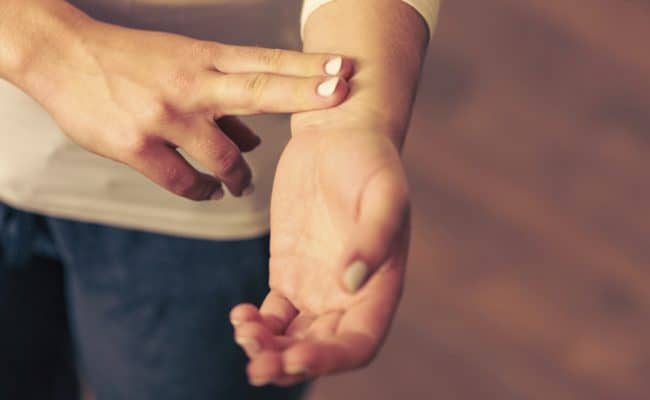

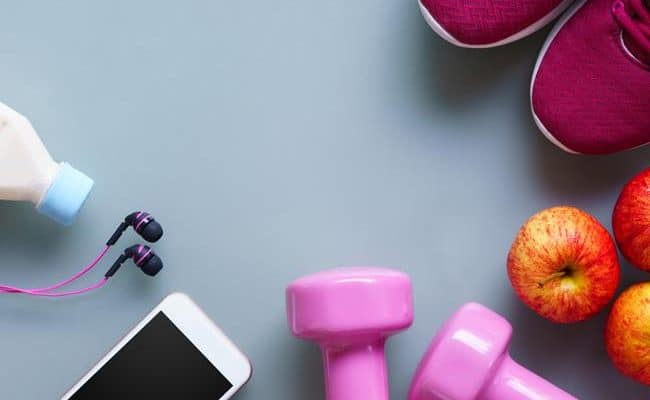
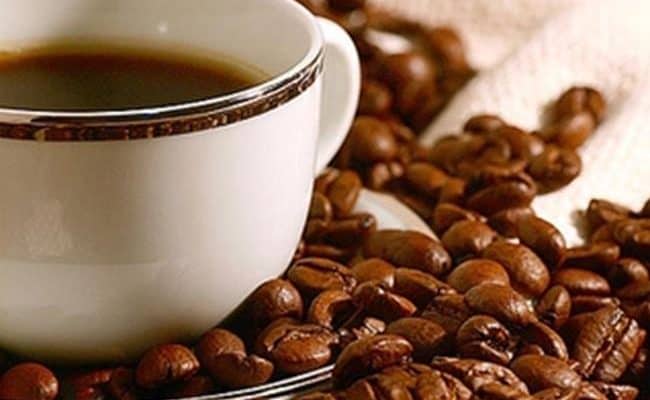

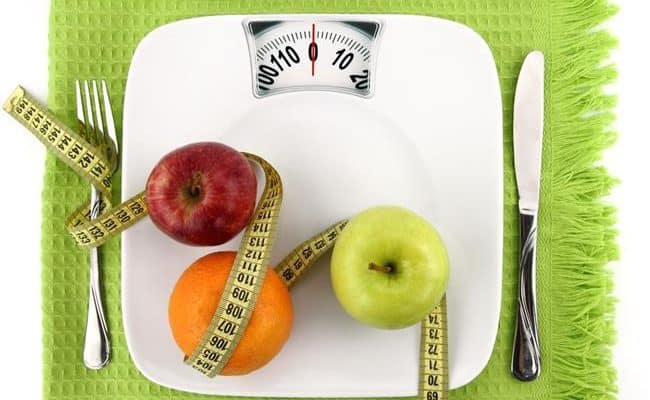

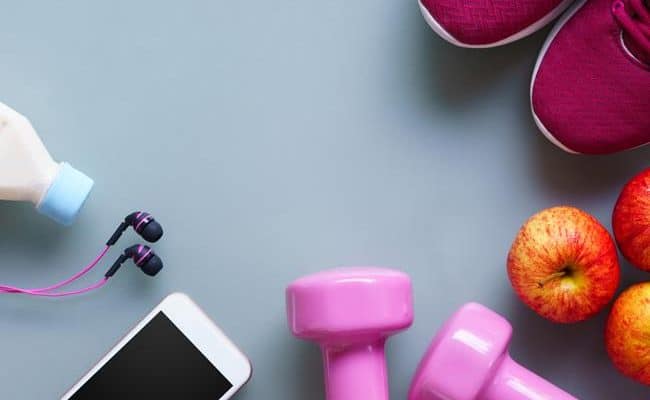


karen says
I am a peritoneal dialysis patient who is somewhat overweight. I have been following weight watchers and have lost 25 pounds in the last 3 – 4 months. I don’t ever let myself get to the point of feeling starving but I count my points fairly religiously and try to fill up on fruit and veg and keep the carbs relatively low.
I have a very difficult time with exercise due to my illness which causes my blood pressure to drop quite rapidly. I like losing weight – I feel so much better in general – but I also feel like I”m weaker than I used to be. I know dialysis takes off a lot of protein and I’m wondering if what I”m doing is losing muscle weight more so than fat.
Suggestions? I have a protein supplement that I haven’t been taking as much as I should. I’m suspecting that I should be more diligent with that and it could help.
THanks.